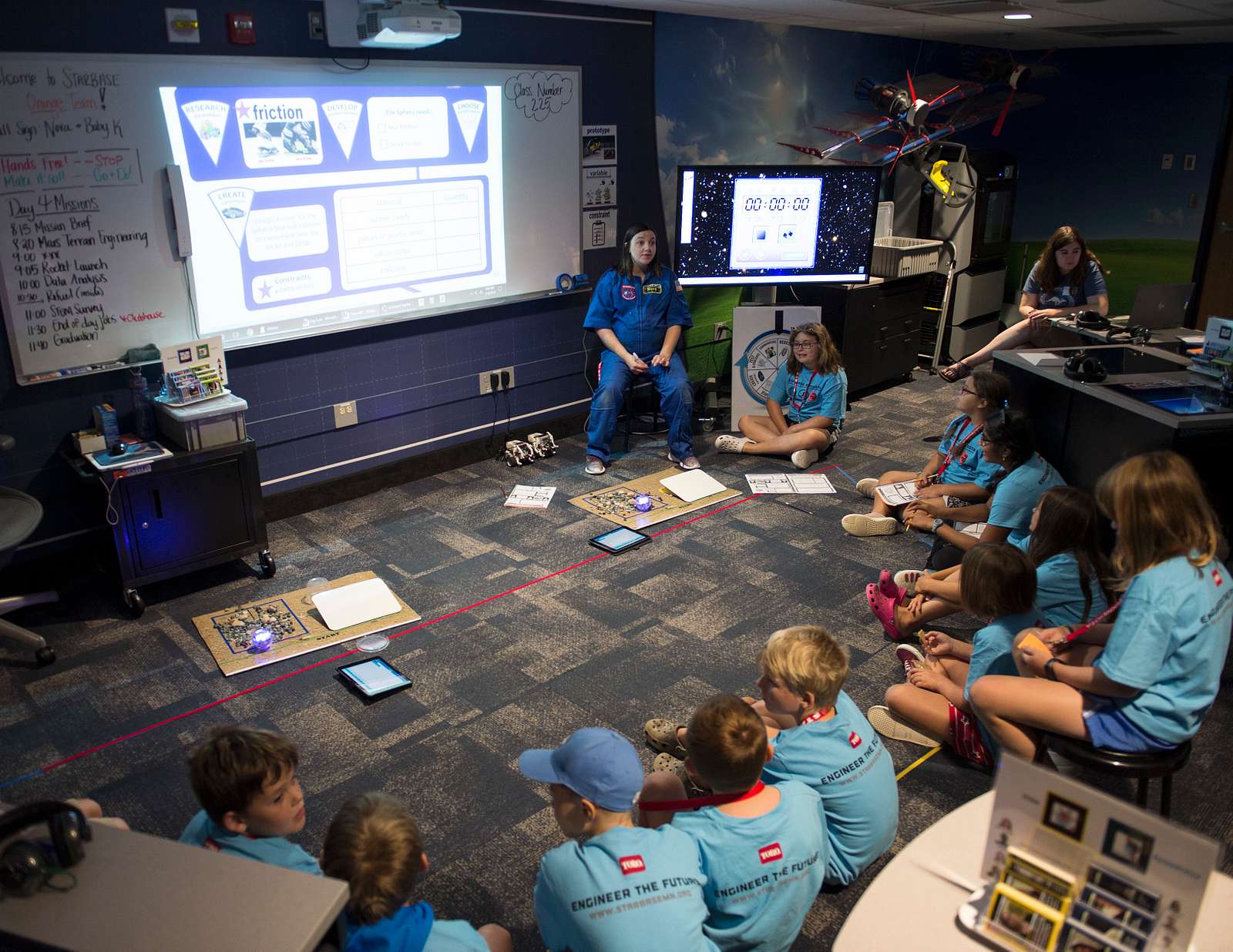Recently, the California-based aerospace company Terran Orbital announced a major deal with telecommunications firm Rivada Networks. Through the new contract, Terran Orbital will design, build and operate a network of 300 satellites. The total cost of the project is estimated to be $2.4 billion.
Rivada Networks specializes in developing emergency responder networks, which will be enhanced through the launch of the satellites. The company plans to use the new network to provide resilient, secure, and reliable communications to public safety customers, including federal, state and local government agencies. CEO of Rivada Networks Declan Ganley said: “The deployment of this low-earth-orbit satellite network marks the beginning of a new era in public safety mobility applications and emergency responder communications.”
The 300 satellites in the Terran Orbital project will be part of a larger network of 1,000 satellites that will orbit the Earth and provide a faster and more reliable connection for people in rural and underserved areas. Besides its primary purpose of developing emergency responder networks, the satellites will also provide global internet coverage. Terran Orbital CEO David Anolik said: “We are honored to partner with Rivada to provide a reliable, resilient, secure and affordable communications network solution to public safety organizations in the United States and beyond.”
The project will be funded through a combination of public and private investment. The U.S. Department of Defense has already committed $500 million to the project, and other investors are expected to provide additional funding. Terran Orbital is also partnering with other aerospace firms, including the European aerospace manufacturer Thales, to help build the satellites.
The launch of 300 satellites for the Rivada project marks another milestone for Terran Orbital. The company had previously launched several payloads for NASA, the U.S. Department of Defense and Europe’s European Space Agency. Additionally, the company has launched its own low-Earth-orbit constellation of 30 nanosatellites.
The deployment of the satellites marks the beginning of a new era of telecommunications services, which will provide faster, more reliable connections to people in underserved and rural areas. The $2.4 billion investment in the project is sure to have substantial economic and social benefits to communities across the globe.
Hey Subscribe to our newsletter for more articles like this directly to your email.
